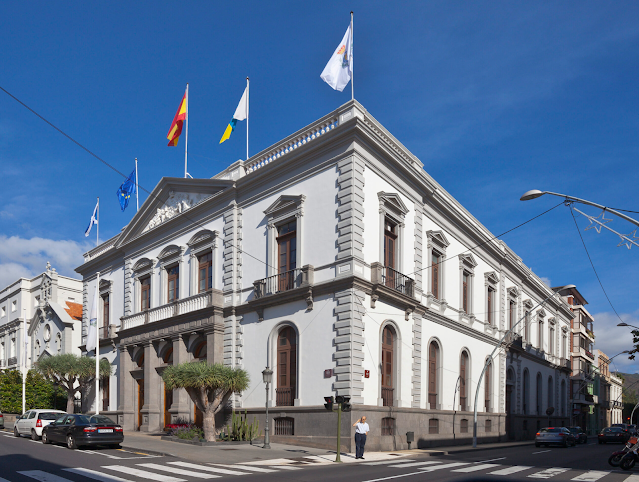Spain has extended the restrictions on non-essential travel to countries outside the European Union and the Schengen area until March 31.
The restrictions which expired on February 28, has been extended to the end of March to curb the spread of the coronavirus.
Passengers from countries outside the Schengen area will not be able to make unnecessary trips to Spain. However, travelers from countries with lower infection rates will be able to travel, including travelers from Australia, New Zealand, Rwanda, Singapore, South Korea, Thailand, China, and Hong Kong and Macau.
The Spanish government has also extend restrictions on flights from the United Kingdom, South Africa and Brazil to March 16 to accommodate the new coronavirus in these countries.
People traveling to Spain must fill out a health control form before traveling, which can be accessed on the government website.
Travel among the 17 autonomous communities in Spain is also subject to some restrictions. Andalusia, Aragon, Asturias, Basque Country, Cantabria, Castile andLeon, Catalonia, Ceuta and Melilla, Galicia, Murcia, Navarre and Valencia do not allow people to leave and enter their regions.
Madrid, the Canary Islands and the Balearic Islands, Castilla-La Mancha and Extremadura are still open to travelers entering and leaving their areas.





